A guide to hiring an animal behaviorist
When you have a pet that has a behavioral problem the experience can be stressful for all individuals involved. I am writing this guide in hopes to help others navigate the confusing and unregulated world of dog training. Behavioral issues take time, patience, understanding and specific modification plans to improve your pets behavior. Hiring the best professional for you can make the process a whole lot easier.
There are certified and non certified people offering behavioral programs. In addition, there are different levels of certification. We will discuss the different certifications later on. A certification tells you that the individual has met requirements for professional ethics, education and experience. Professional organizations and training schools offer certifications. Ask about the criteria for certification to better understand the professionals expertise.
It is important to find a professional that understands the importance of you working through the problem rather than sending your dog somewhere to be “fixed.”
If a trainer is a member of a professional organization it provides mentorship and support from colleagues. It means the professional keeps current on new information and training methods. It does not guarantee competency, look to the membership but examine the experience.
Request professional references, such as former clients, colleagues and veterinarians who refer cases.
Positive reinforcement methods that make food, toys, positive verbal feedback, and play are an integral part of training. Really anything that the dog finds valuable can be a reward.
How does the individual treat you or make you feel? Is the person abrasive or abrupt? Keep you and your dog’s best interest in mind and don’t allow yourself to be talked into doing anything that is not right for you.
Clearly communicate. You are your dog’s best advocate. You speak for your dog so if you need to say stop, speak up.
Animals are complex beings. Not one solution will work for every individual and no one knows everything there is to know. As a whole, we are still learning a great deal about how the brain works, not just in animals but humans too. Not all problems are solvable and so far I haven’t found an off button anywhere. If you find one please let me know. (lol)
Quick fixes to complex beings do not do justice to you or your pet. Be cautious of quick fixes.
At times, drug therapy may be used in conjunction with a behavior modification plan and only veterinarians can prescribe these medications. Previously, we discussed different types of behaviorists, let’s go over the various levels now. The first level of behavior professional is a trainer. A trainer works professionally to teach manners and general dog behavior issues. Next, a trainer plus behavior specialist has all the knowledge of a dog trainer and includes additional specialized training for anxiety, aggression, reactivity and much more. Boarded behaviorist whom are separate from regular veterinarians are professionals that have advanced degrees and the highest level of learning regarding behavioral health. These professionals separate themselves from other veterinarians due to the degrees achieved in animal behavior.
At times trainers, behavior trainers, vets and boarded behaviorists work together as a team to give an animal complete care. It is important to understand each professional's experience and expertise so that you can make the best choices when selecting your team.
Remember that the dog training industry is unregulated. This is why professional organizations have been established to help create strong ethics, trust and confidence in the field. Myself personally, support the LIMA approach to behavior modification. I also follow this approach in my personal life when I advocate for myself through the human medical industry. If you would like to learn more about the LIMA approach click here.

